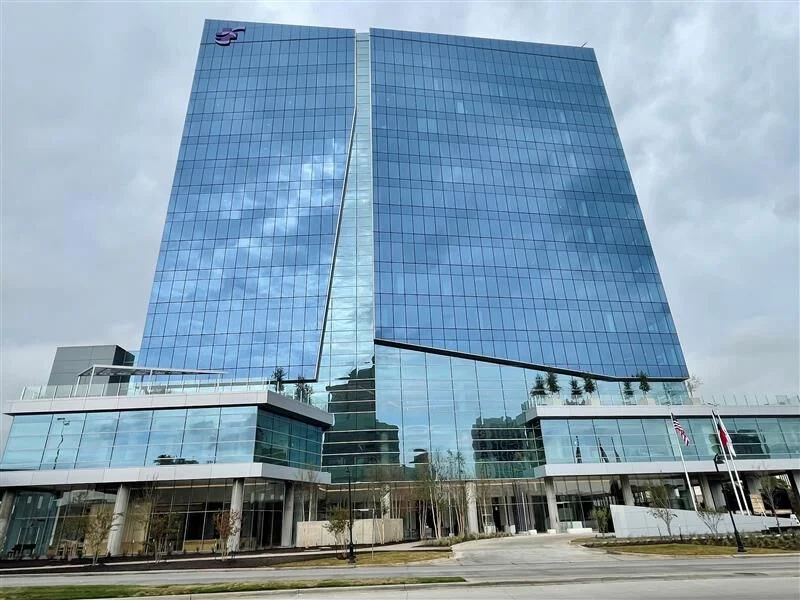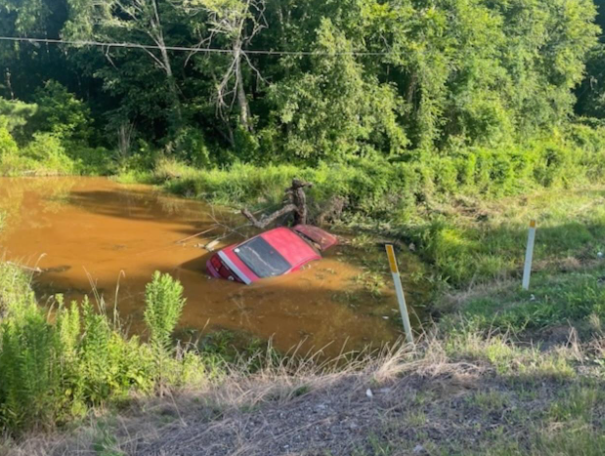Develop an emergency communication plan before disaster occurs
Published 12:55 pm Saturday, September 3, 2016

- Mechele Agbayani Mills
eptember is National Preparedness Month, and Better Business Bureau encourages consumers to develop an emergency communication plan before a disaster occurs. Knowing what to do before, during and after an emergency is a critical part of being prepared. It may make all the difference when the seconds start to count. BBB advises the following practical steps to make sure your family and business are not caught off guard.
BBB, Ready.gov and the Federal Emergency Management Agency have provided some tips to prepare and protect your family during a disaster:
n Prepare yourself and your family for a disaster by making an emergency plan.
n Your emergency planning should also address the care of pets, aiding family members with access and functional needs and safely shutting off utilities.
n You may also want to inquire about emergency plans at work, daycare and school. If no plans exist, consider volunteering to help create one. Read more about school and workplace plans.
n Once you’ve collected this important information, gather your family members and discuss the information to put in the plan. Practice your plan at least twice a year and update it according to any issues that arise.
n Remember to have drills on a regular basis.
n A recent Ad Council survey reported that nearly two-thirds (62 percent) of respondents said they do not have an emergency plan in place for their business. As a small business owner, you should be aware and prepared for emergencies that could affect your business. A solid emergency plan can give you peace of mind and a greater sense of security.
n Make a list of the vulnerabilities and potential types of disasters (fire, flood, tornado, etc.) that can occur and how your business would respond differently to being displaced for a week, a month, or longer.
n Determine alternate locations for your business to operate if you are displaced from your current building.
n Create and maintain an inventory of property.
n Read your insurance policies carefully. Read the fine print so you know what is and is not covered.
n Take action by putting together an emergency preparedness kit.
n Identify essential staff who are core to the operations of the business and keep a list of their phone numbers (home, work, pager, cell) and e-mail addresses that can be accessed by employees from several locations (home, Internet, etc.).
n Devise an emergency communications plan that outlines how your business will communicate with employees, customers, vendors and other key external contacts in the days following a disaster. Keep duplicates of personnel, payroll, payables and receivables and other essential records at an off-site location.
n Determine who will manage the company if key leaders are unavailable.
A plan is only good if people know about it. Remember to spend time in staff training sessions to go over emergency protocols.
For more tips on how to be a savvy consumer or business owner, go to bbb.org. To report fraudulent activity or unscrupulous business practices, please call the BBB Hotline: (903)581-8373 or go to BBB Scam Tracker.






